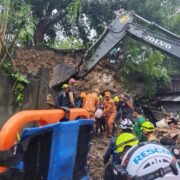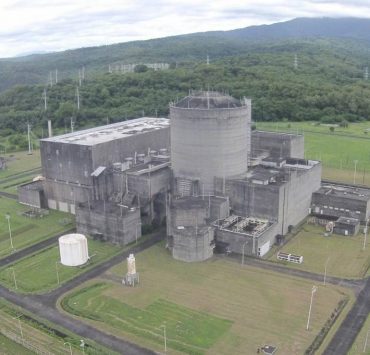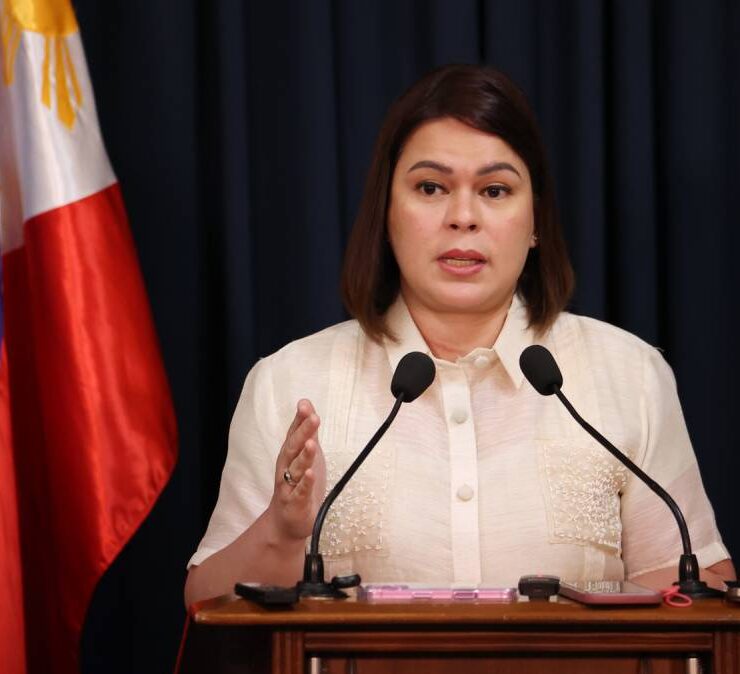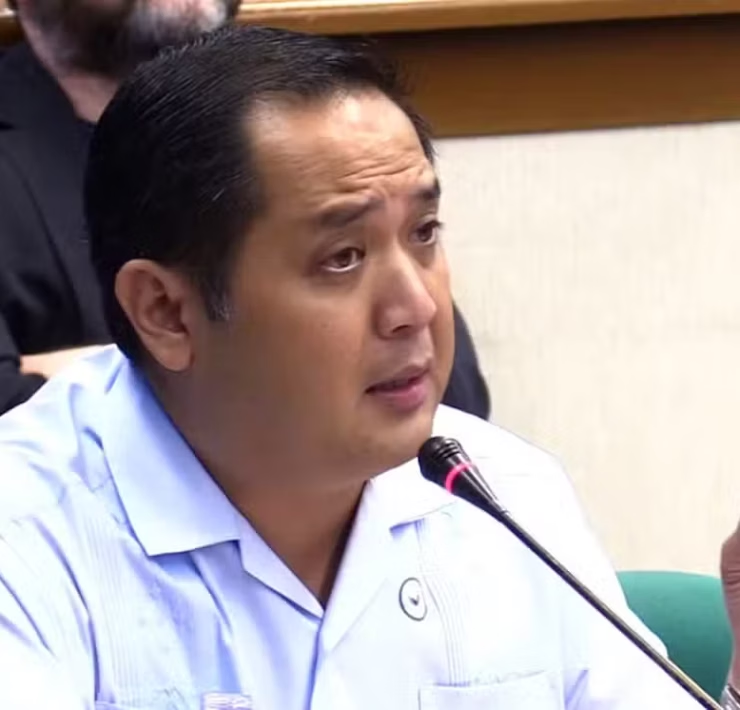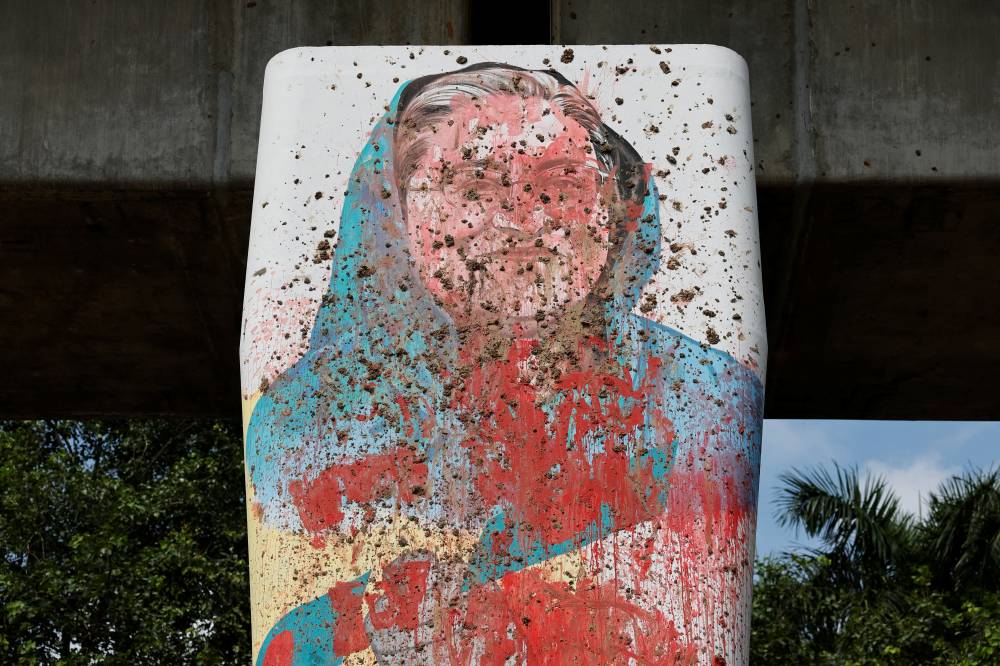
DHAKA—Bangladesh Prime Minister Sheikh Hasina resigned on Monday and fled the country, multiple sources said, as more people were killed in some of the worst violence since the birth of the South Asian nation more than five decades ago.
Army Chief Gen. Waker-Uz-Zaman said in a televised address that Hasina, 76, had left the country and that an interim government would be formed.
Media reports said she had flown in a military helicopter with her sister and was headed to India. The CNN News 18 television channel said she had landed in Agartala, the capital of India’s northeastern state of Tripura.
News agencies could not immediately verify the reports.
Television visuals showed thousands of people pouring into the streets of the capital Dhaka in jubilation and shouting slogans. Thousands also stormed Hasina’s official residence “Ganabhaban,” shouting slogans, pumping fists and showing victory signs.
Television visuals showed crowds in the drawing rooms of the residence, and some people could be seen carrying away televisions, chairs and tables from what was one of the most protected buildings in the country.
“She has fled the country, fled the country,” some shouted.
Protesters in Dhaka also climbed atop a large statue of independence leader Sheikh Mujibur Rahman, Hasina’s father, and began chiseling away at the head with an axe, the visuals showed.
Sticks and knives
Student activists had called for a march to the capital Dhaka on Monday in defiance of a nationwide curfew to press Hasina to resign, a day after deadly clashes across the country killed nearly 100 people.
Analysts had fear violence could surpass that seen on Sunday, when hundreds of thousands of protesters and government supporters countrywide battled each other with sticks and knives, and security forces opened fire with rifles.
Rallies that began last month against civil service job quotas have escalated into some of the worst unrest of Hasina’s 15-year rule and shifted into wider calls for her to quit.
At least 77 people died on Sunday, including 14 police officers, many of whom were killed when protesters stormed a station in the northeastern town of Enayetpur. The day’s violence took the total number of people killed since protests began to at least 283.
Local media reports citing law enforcement officials suggested Sunday’s toll may have been higher than 90.
“The shocking violence in Bangladesh must stop,” United Nations rights chief Volker Turk said in a statement.
Curfew defied
While police ordered a curfew after dark on Sunday and mobile internet was tightly restricted countrywide, journalists in Dhaka reported hearing sustained crackles of gunfire as protesters defied calls to go home.
On Monday, at least six people were killed in clashes between police and protesters in the Jatrabari and Dhaka Medical College areas on Monday, the Daily Star newspaper reported. News agencies could not immediately verify the report.
In several cases, soldiers and police did not intervene to stem the protests, unlike during the past month of rallies that repeatedly ended in deadly crackdowns.
“The protests have taken on immense momentum, fueled by raw anger but also by the confidence that comes with knowing that so much of the nation is behind them,” Michael Kugelman, director of the South Asia Institute at the Washington-based Wilson Center, said.
In a hugely symbolic rebuke of Hasina, a respected former army chief demanded the government “immediately” withdraw troops and allow protests.
“Those who are responsible for pushing people of this country to a state of such an extreme misery will have to be brought to justice,” ex-army Chief General Iqbal Karim Bhuiyan told reporters on Sunday, in a joint statement alongside other senior former officers.
Reuters, the news and media division of Thomson Reuters, is the world’s largest multimedia news provider, reaching billions of people worldwide every day. Reuters provides business, financial, national and international news to professionals via desktop terminals, the world's media organizations, industry events and directly to consumers.
AFP is one of the world's three major news agencies, and the only European one. Its mission is to provide rapid, comprehensive, impartial and verified coverage of the news and issues that shape our daily lives.













